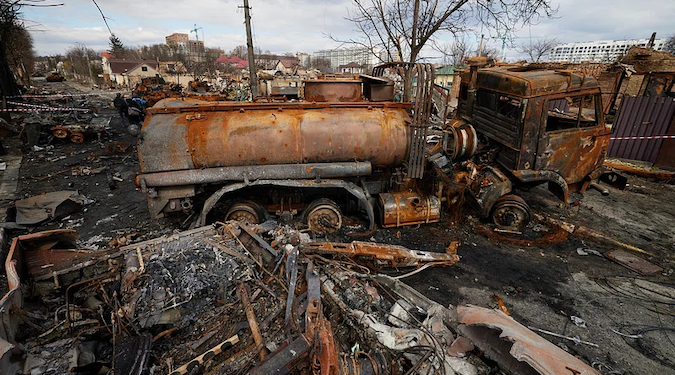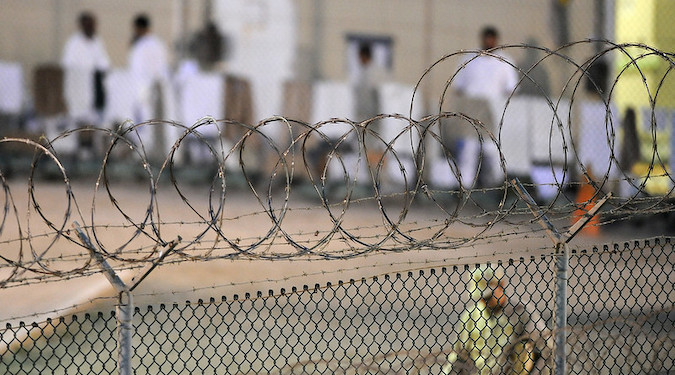Zoe Kern argues that terrorist groups increasingly leverage human trafficking as a tool of war, exploiting legal gaps and jurisdictional challenges to operate with impunity. Her article explores the intersection of terrorism and trafficking, particularly the exploitation of women and children, who are often forced into sexual slavery or conscripted as child soldiers. Using case… Continue reading Shadows of Exploitation: Unveiling the Role of Women and Children in the Terrorism-Trafficking Nexus
Category: Human Rights
The ICC and Environmental Protection: Prosecuting Environmental War Crimes in Ukraine
Caitlyn Johnson analyzes how environmental damage could potentially be prosecuted as war crimes by the International Criminal Court. Johnson begins by noting how international armed conflicts have impacted the environment and summarizing previous efforts to hold states accountable for environmental damage. Johnson then looks at Ukraine as an example of extensive environmental damage in war… Continue reading The ICC and Environmental Protection: Prosecuting Environmental War Crimes in Ukraine
Commissions Impossible: How Can Future Military Commissions Avoid the Failures of Guantanamo?
Aaron Shepard endeavors to examine the roots of the failures of the Guantanamo military commissions and suggest potential solutions to remedy them. His paper begins with an introduction to the concept of military commissions, including a brief overview of their historic utilization and import. It then provides a detailed background on Guantanamo Bay, covers the… Continue reading Commissions Impossible: How Can Future Military Commissions Avoid the Failures of Guantanamo?



